How does AI helps in cloud deployment?
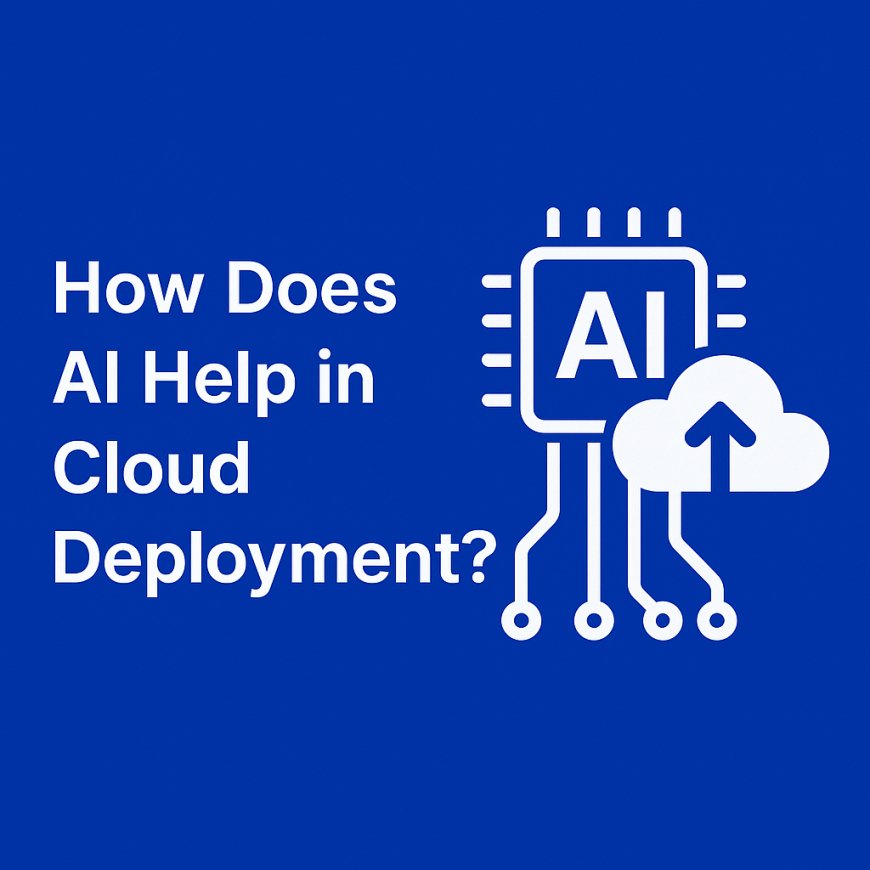
AI is helping in cloud deployment through predictive scaling, automated infrastructure management, cost optimization, and intelligent monitoring systems. These capabilities transform how developers and DevOps teams deploy, scale, and secure cloud applications—reducing manual effort while increasing speed and reliability.
Cloud deployment today involves more than just moving code to the cloud. As applications grow in complexity, managing cloud environments efficiently has become a challenge. Artificial Intelligence (AI) steps in to simplify this process and bring automation, optimization, and security into the cloud workflow.
1. Predictive Resource Management
AI helps predict usage patterns based on historical data, seasonal trends, and application behavior. This allows cloud systems to proactively scale resources up or down before issues arise.
Benefits:
- Reduce downtime during traffic spikes
- Avoid over-provisioning
- Improve user experience
Example: Instead of reacting to CPU spikes, AI models can predict peak hours (e.g., Monday 9 AM) and prepare infrastructure ahead of time.
2. Intelligent Cost Optimization
Cloud bills can quickly spiral out of control. AI-driven tools continuously analyze resource usage and cost data to suggest or implement savings strategies.
Benefits:
- Identify idle or underused instances
- Recommend better pricing models (e.g., reserved or spot instances)
- Right-size VMs and storage
Companies often report 20–40% savings after applying AI-based cost recommendations.
3. Automated Deployment Pipelines
AI simplifies CI/CD (Continuous Integration/Continuous Deployment) workflows by:
- Detecting potential deployment failures
- Suggesting test coverage improvements
- Auto-validating environment variables or config files
This reduces manual errors and accelerates development cycles.
4. Self-Healing Infrastructure
AI enables infrastructure to detect and recover from failures without manual intervention.
Examples:
- Restart failed containers or VMs
- Reroute traffic during server crashes
- Rebuild corrupt configurations based on backups
Think of it as an AI-powered safety net that keeps systems running smoothly.
5. Enhanced Security Monitoring
AI detects threats by analyzing behavioral patterns instead of relying solely on static rules.
AI Security Capabilities:
- Detect unusual logins or access
- Identify data leaks or suspicious data movement
- Spot zero-day vulnerabilities
AI not only flags threats but can also auto-isolate compromised resources or accounts.
6. Smarter Compliance and Auditing
Regulatory compliance is a moving target. AI tools help by:
- Scanning infrastructure for non-compliant configurations
- Auto-generating audit reports
- Suggesting remediations for compliance gaps
This is especially useful for industries with strict data laws like finance or healthcare.
7. Natural Language Interfaces for DevOps
Some platforms now let you describe infrastructure needs in natural language. AI interprets these instructions and generates deployment scripts or configurations.
Example: Type "Deploy a Node.js app with autoscaling" and AI builds the necessary Kubernetes or Terraform setup.
8. Intelligent Load Balancing and Traffic Management
AI can optimize how traffic is routed across services based on performance, latency, and user location in real time.
This ensures faster load times and reduces server overload without needing manual configuration.
9. Faster Root Cause Analysis
When incidents happen, AI tools help:
- Analyze logs and metrics instantly
- Pinpoint the root cause
- Recommend or apply fixes
This drastically reduces Mean Time to Resolution (MTTR).
Final Thoughts
AI is helping in cloud deployment by automating scaling, enhancing monitoring, optimizing costs, and securing infrastructure. It enables teams to focus less on maintenance and more on innovation.
If you're looking to adopt AI-driven cloud deployment, platforms like Kuberns offer a powerful, zero-config solution that automates scaling, monitoring, and management—so you can deploy faster and smarter.




















































































































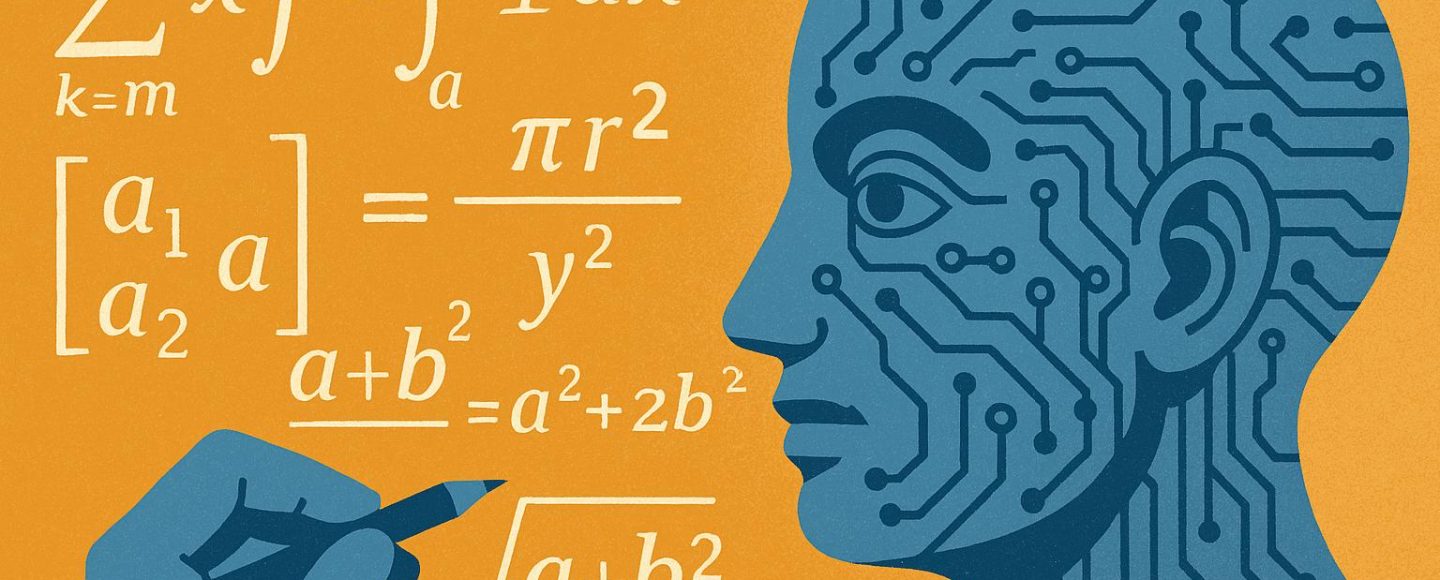

























































![[The AI Show Episode 154]: AI Answers: The Future of AI Agents at Work, Building an AI Roadmap, Choosing the Right Tools, & Responsible AI Use](https://www.marketingaiinstitute.com/hubfs/ep%20154%20cover.png)
![[The AI Show Episode 153]: OpenAI Releases o3-Pro, Disney Sues Midjourney, Altman: “Gentle Singularity” Is Here, AI and Jobs & News Sites Getting Crushed by AI Search](https://www.marketingaiinstitute.com/hubfs/ep%20153%20cover.png)











































































































































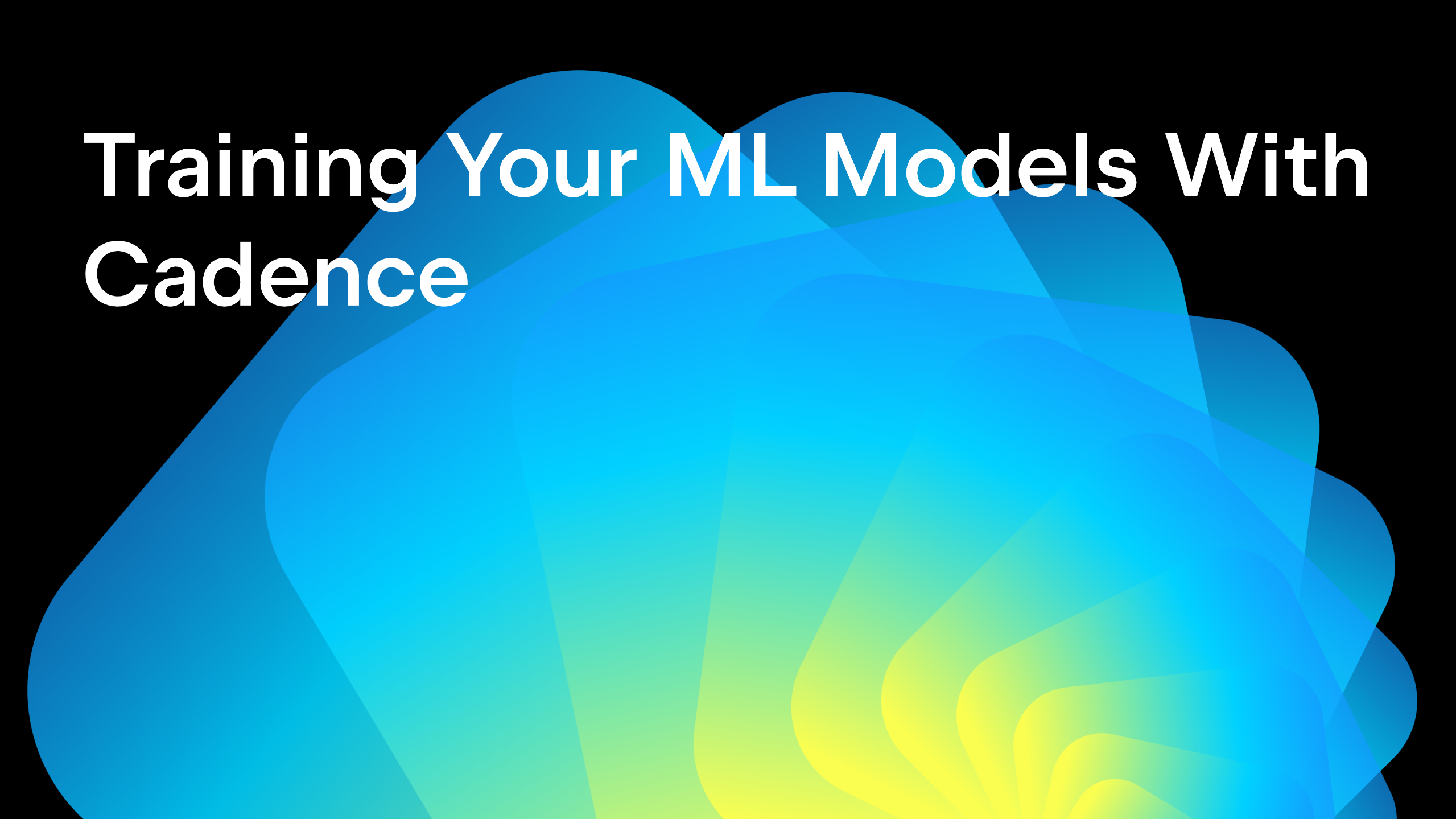

















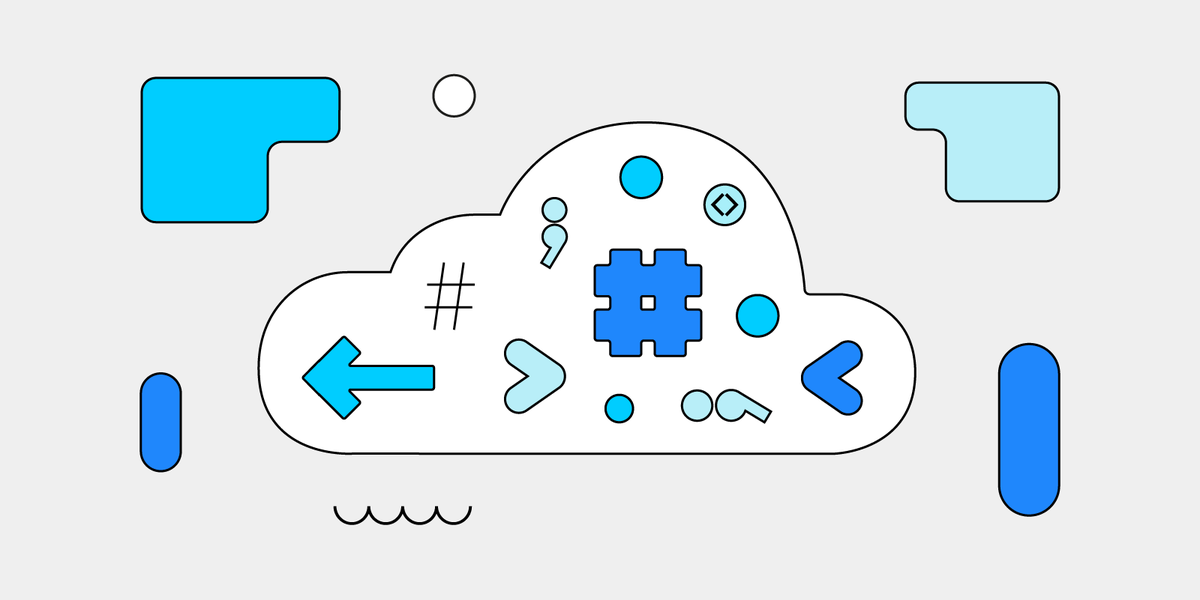

































![GrandChase tier list of the best characters available [June 2025]](https://media.pocketgamer.com/artwork/na-33057-1637756796/grandchase-ios-android-3rd-anniversary.jpg?#)














































.png?width=1920&height=1920&fit=bounds&quality=70&format=jpg&auto=webp#)


















_Frank_Peters_Alamy.jpg?width=1280&auto=webp&quality=80&disable=upscale#)










































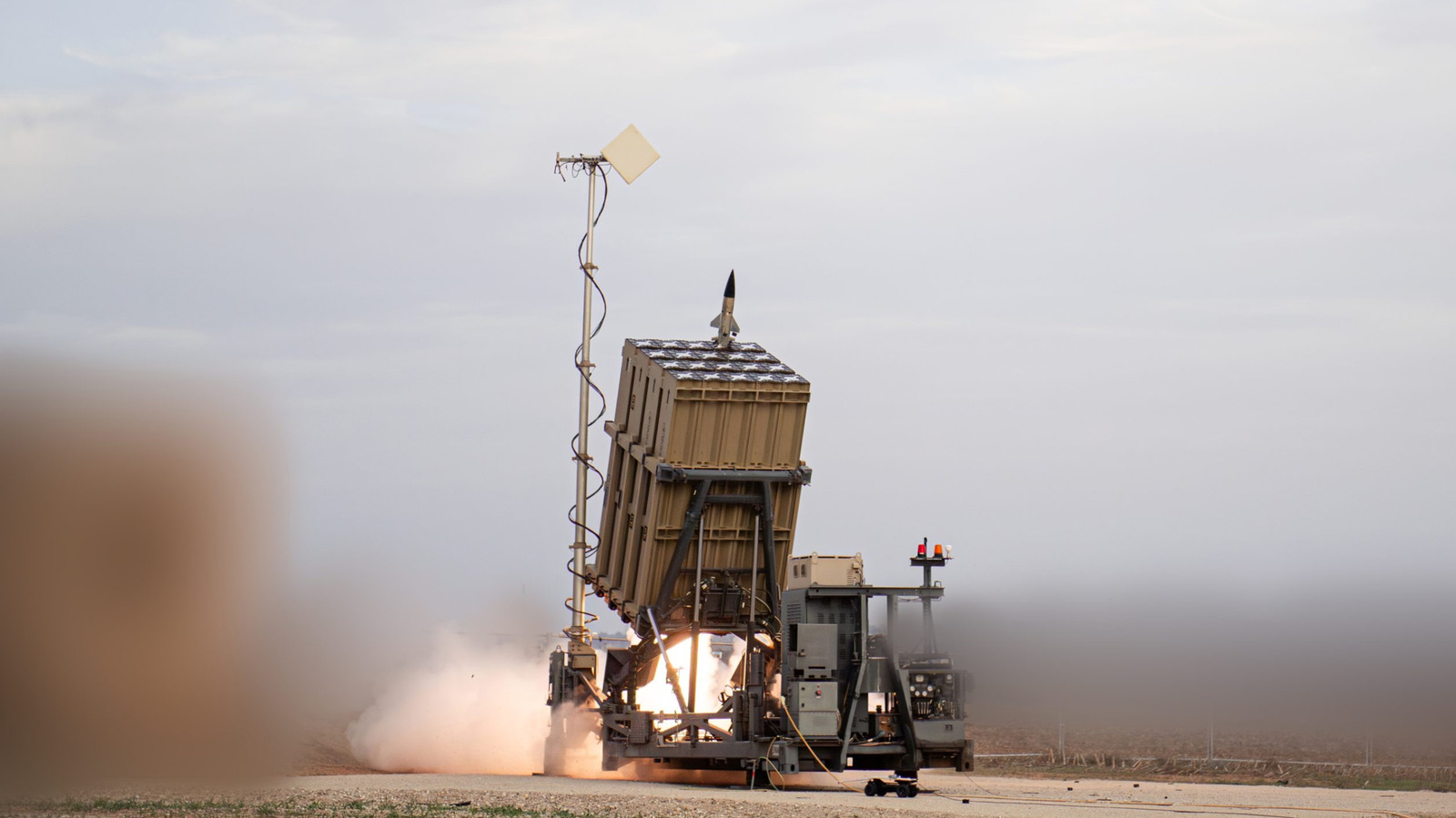














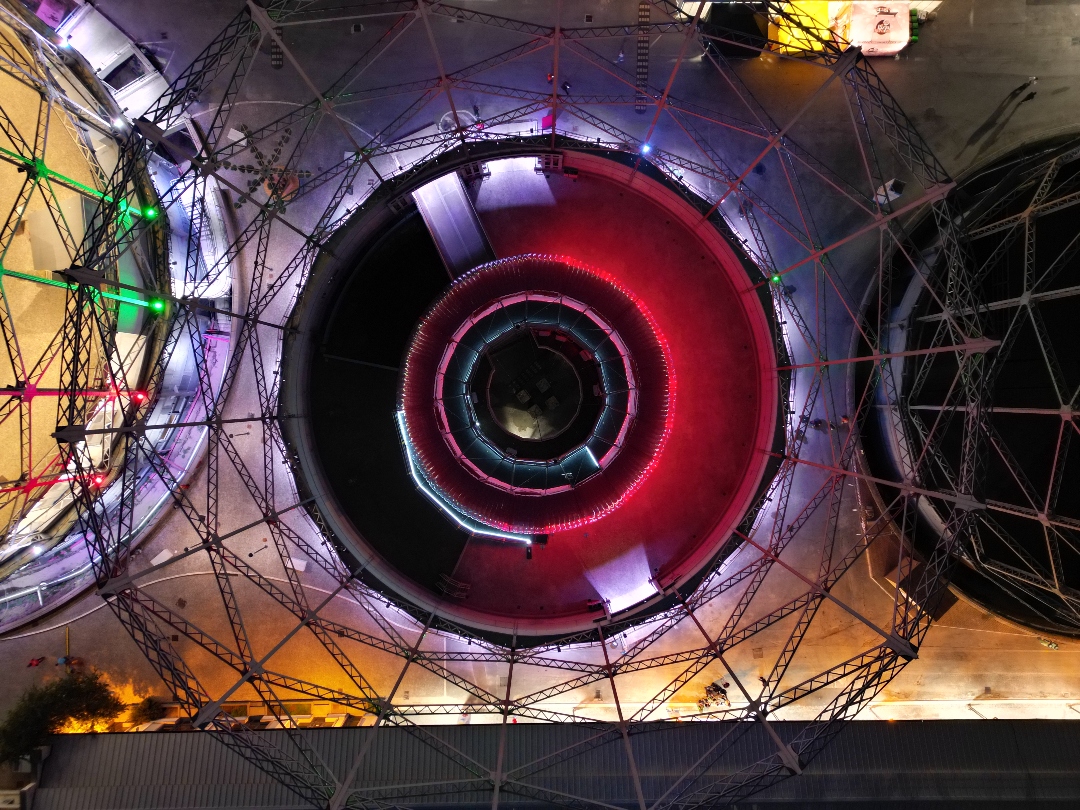



























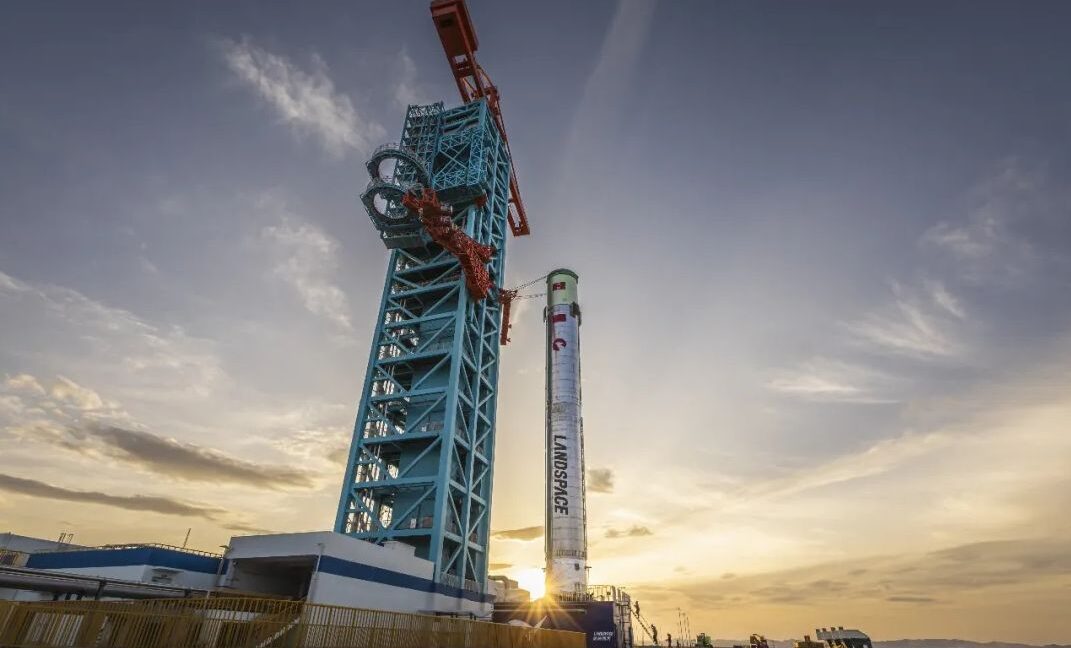


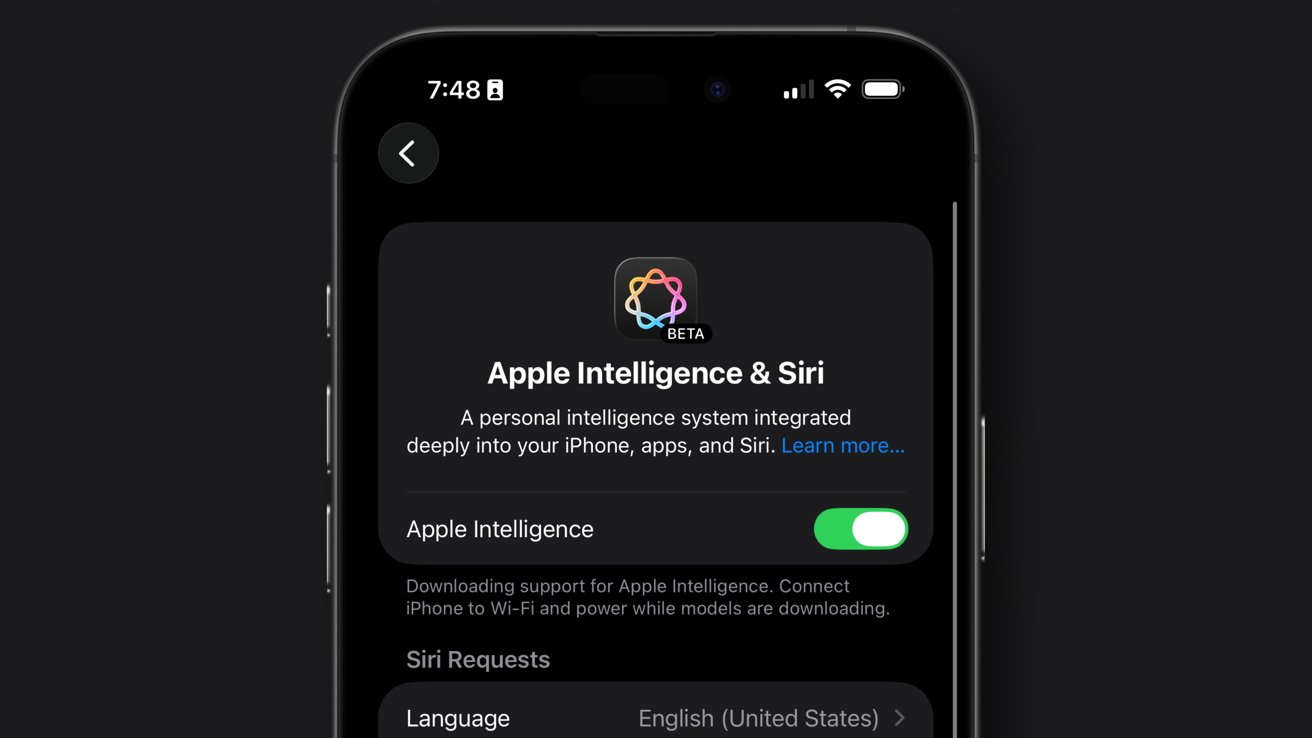









![Apple tells students ‘how to convince your parents to get you a Mac’ [Video]](https://i0.wp.com/9to5mac.com/wp-content/uploads/sites/6/2025/06/screenshot-2025-06-20-at-09.14.21.jpg?resize=1200%2C628&quality=82&strip=all&ssl=1)



![Nothing Headphone (1) leak allegedly shows their unique, translucent design [Gallery]](https://i0.wp.com/9to5google.com/wp-content/uploads/sites/4/2025/06/Nothing-Headphone-1-cropped.jpg?resize=1200%2C628&quality=82&strip=all&ssl=1)














![Oakley and Meta Launch Smart Glasses for Athletes With AI, 3K Camera, More [Video]](https://www.iclarified.com/images/news/97665/97665/97665-640.jpg)

![How to Get Your Parents to Buy You a Mac, According to Apple [Video]](https://www.iclarified.com/images/news/97671/97671/97671-640.jpg)
![Foxconn to Build New iPhone Enclosure Factory in India With $250M Investment [Report]](https://www.iclarified.com/images/news/97673/97673/97673-640.jpg)



















![New accessibility settings announced for Steam Big Picture Mode and SteamOS [Beta]](https://www.ghacks.net/wp-content/uploads/2025/06/New-accessibility-settings-announced-for-Steam-Big-Picture-Mode-and-SteamOS.jpg)













































